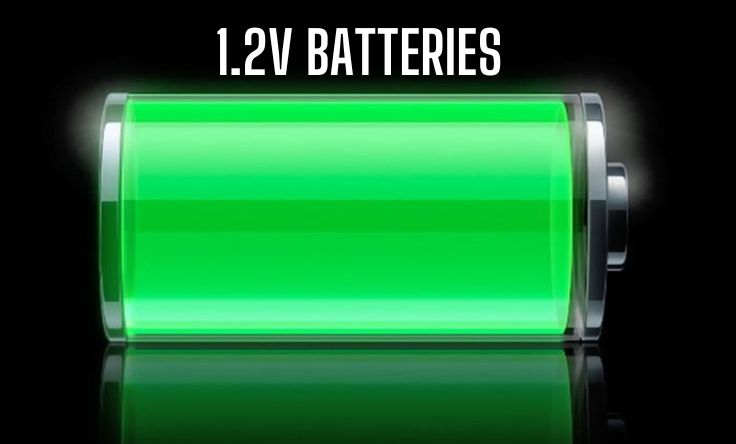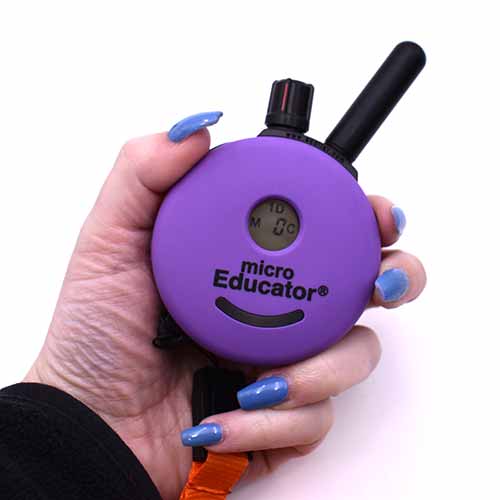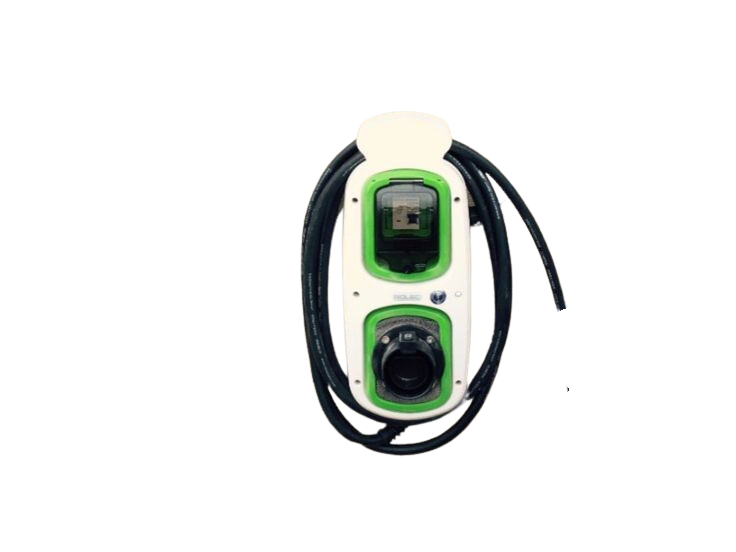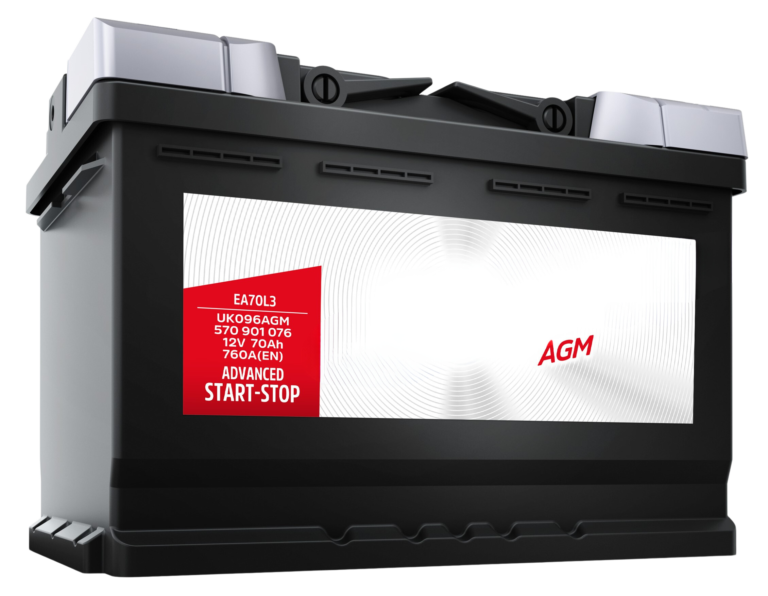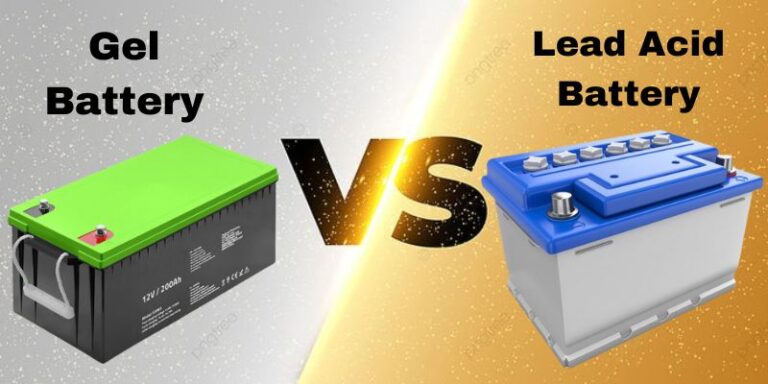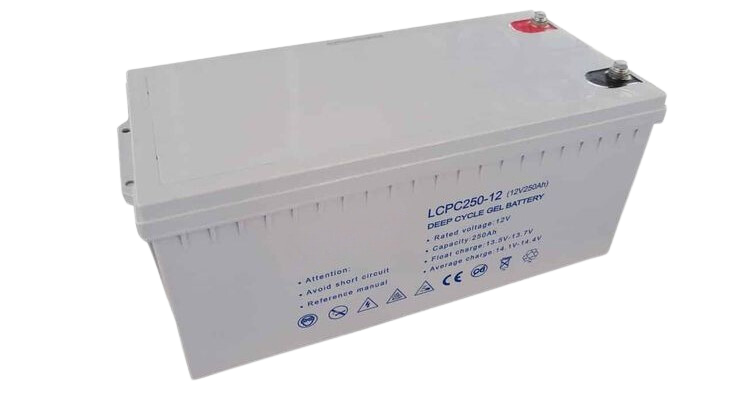1.2V Battery
Contents
- 1 1.2V Battery
- 2 Understanding 1.2V Battery
- 3 Applications of 1.2V Battery
- 4 How Do 1.2V Batteries Work?
- 5 1.2V Battery vs. Lithium-ion Batteries
- 6 Maintaining 1.2V Battery
- 7 Conclusion
- 8 FAQ
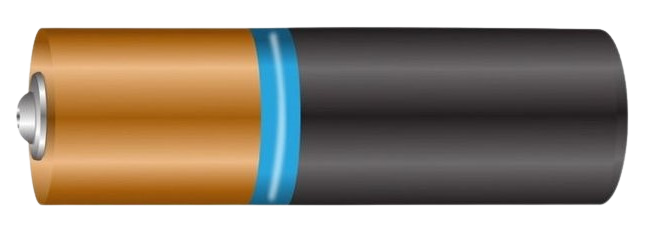
Batteries are crucial in our daily lives, powering everything from our remote controls to our smartphones. While you may be familiar with the more common AA or AAA batteries, have you ever wondered about the lesser-known 1.2V battery? In this article, we’ll delve into the world of 1.2V batteries, exploring what they are, their applications, and how they differ from other batteries.
Understanding 1.2V Battery
What is a 1.2V Battery?
1.2V batteries, also known as rechargeable nickel-metal hydride (NiMH) batteries, are a type of rechargeable battery. They provide 1.2 volts of electrical potential when fully charged, making them a versatile power source for various devices.
Why Choose 1.2V Battery?
Environmentally Friendly:
1.2V batteries are rechargeable, reducing the number of disposable batteries in landfills.
Cost-Effective:
While they may cost more upfront, they can be recharged hundreds of times, saving you money in the long run.
Versatility:
They are compatible with various devices, from toys to cameras and even low-drain gadgets like remote controls.
Applications of 1.2V Battery
You may not realize it, but 1.2V batteries, also known as rechargeable nickel-metal hydride (NiMH) batteries, quietly power a wide range of everyday devices. These unassuming power sources have found their way into numerous applications, providing dependable and eco-friendly energy. In this article, we’ll explore the diverse applications of these batteries.
Everyday Devices
One of the most common applications of 1.2V batteries is in everyday household devices. Think about the TV remote control, wireless keyboard, computer mouse, or flashlight. These devices require a reliable power source to hold their charge over time, and these batteries fit the bill perfectly.
TV Remotes:

When relaxing on the couch, you last want a remote control that runs out of power. 1.2V batteries keep your TV remote ready for channel surfing.
Wireless Keyboards and Mice:

Many of us use wireless keyboards and mice with our computers. These devices are often powered by 1.2V batteries, ensuring smooth operation without the hassle of frequent battery replacements.
Flashlights:
In emergencies or camping trips, a dependable flashlight can be a lifesaver. 1.2V batteries keep your flashlight shining bright when you need it the most.
Photography Enthusiasts’ Choice
Photographers often rely on 1.2V batteries for a specific purpose – powering their camera flashes. These powerful flashes require consistent and reliable energy sources to capture stunning images.
Camera Flashes:
Whether you’re a professional photographer or hobbyist, a reliable camera flash can significantly impact your photos. 1.2V batteries offer the necessary power and reliability to ensure your flash fires when needed.
Kid’s Toys and Gadgets
Toys and gadgets designed for children often require batteries to keep the fun going. 1.2V batteries are a popular choice for these playthings.
Toys:

From remote-controlled cars to talking dolls, many toys use 1.2V batteries to provide endless hours of enjoyment for kids.
Games and Gadgets:
Handheld gaming devices, electronic learning toys, and various gadgets designed for children frequently use 1.2V batteries to engage young minds.
Cordless Phones
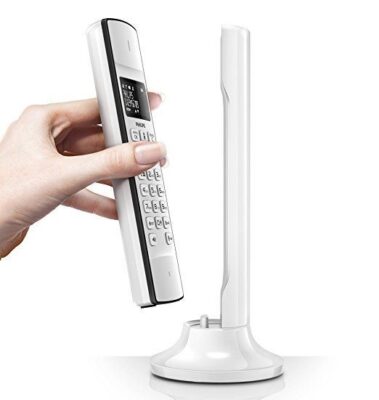
Cordless phones have become a staple in many households, offering convenience and mobility. To keep these phones operational, 1.2V batteries are often used.
Cordless Phones:
When chatting with friends and family on your cordless phone, you can thank the 1.2V battery for keeping the conversation going without needing constant battery replacements.
Remote Controlled Devices
Remote-controlled devices, from drones to model cars and boats, have become increasingly popular. 1.2V batteries are commonly used to provide the necessary power for these remote-controlled adventures.
Remote-Controlled Toys:
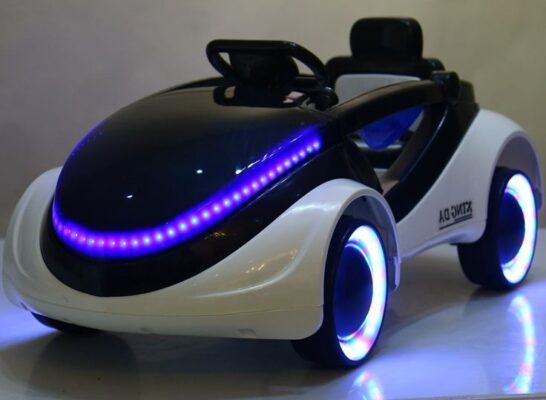
Model cars, boats, and aircraft are all brought to life with 1.2V battery, ensuring hours of entertainment for enthusiasts of all ages.
Solar-powered Lights
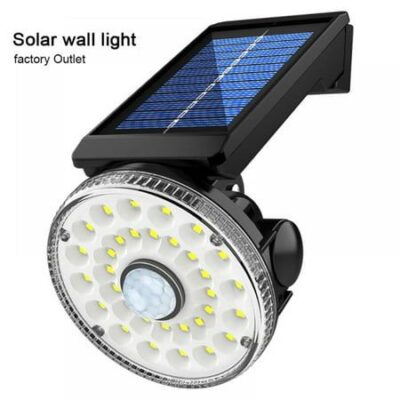
Solar-powered lights are an excellent way to light up your garden, pathway, or outdoor spaces. These lights often feature 1.2V batteries to store solar energy and illuminate at night.
Solar Lights:
Solar garden lights harness the sun’s energy during the day and use 1.2V batteries to light up your outdoor spaces at night, reducing energy costs and environmental impact.
Emergency Radios and Devices
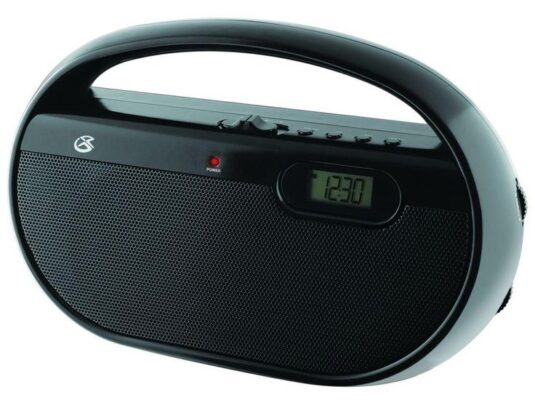
In times of emergency, having reliable communication and lighting can be critical. 1.2V battery finds their place in emergency radios and devices.
Emergency Radios:
Battery-operated emergency radios are essential for staying informed during power outages or natural disasters. 1.2V battery ensures these radios are ready when you need them most.
How Do 1.2V Batteries Work?
The Chemistry Behind 1.2V Battery
These batteries rely on nickel-metal hydride chemistry to store and release electrical energy. When charged, they store hydrogen ions and nickel hydroxide, which react to generate electricity when discharging.
Charging 1.2V Battery
To recharge 1.2V batteries, you’ll you’ll need a compatible battery charger. These batteries can withstand hundreds of charge cycles, making them a sustainable choice.
1.2V Battery vs. Lithium-ion Batteries

When powering your gadgets, you’re likely to encounter two common types of batteries: 1.2V (nickel-metal hydride) batteries and lithium-ion batteries. They each have advantages and disadvantages, and the choice between them depends on your needs.
1.2V Battery:
1.2V batteries are often more budget-friendly than their lithium-ion counterparts. They may cost less upfront, and their reusability makes them cost-effective in the long run.
These rechargeable batteries mean fewer single-use batteries end up in landfills. Choosing these batteries can help reduce your environmental footprint.
They are perfect for low-drain devices such as remote controls, wireless keyboards, and wall clocks. If you have gadgets that don’t demand high power, 1.2V batteries are a reliable choice.
Lithium-ion Batteries
Lithium-ion batteries pack a lot of power into a small package. This makes them ideal for high-drain devices like smartphones, laptops, and digital cameras.
Lithium-ion batteries tend to have a longer lifespan than 1.2V batteries. They can endure more charge and discharge cycles before their performance degrades.
Lithium-ion batteries are known for being lightweight and compact if you need a portable power source, making them suitable for on-the-go devices.
Which One to Choose?
Lithium-ion batteries are your best bet to power high-drain devices or require a lightweight and compact battery. They excel in power and longevity, making them ideal for smartphones and laptops.
On the other hand, if you’re looking for an economical and eco-friendly solution for low-drain gadgets, 1.2V batteries are the way to go. They may have a slightly lower voltage, but their reusability and affordability make them an excellent choice for remote controls and wireless keyboards.
Maintaining 1.2V Battery
Extending the Lifespan
To maximize the lifespan of your 1.2V batteries, charge them before they are completely depleted. Avoid overcharging, which can reduce their capacity over time.
Storage Tips
If you’re not using your 1.2V batteries for an extended period, store them in a cool, dry place at around 50% charge. This will help prevent self-discharge and prolong their usability.
Conclusion
1.2V batteries may not be as well-known as their alkaline or lithium-ion counterparts, but they have unique advantages. They’re reliable, eco-friendly, and cost-effective, making them an excellent choice for many everyday devices. By understanding how they work and following proper maintenance, you can make the most of your 1.2V batteries, ensuring they power your gadgets for years.
FAQ
Q1: What is a 1.2V battery?
A 1.2V battery is a rechargeable battery that provides electrical power at a voltage of 1.2 volts. These batteries are commonly used in devices like remote controls, flashlights, and portable electronics.
Q2: How does a 1.2V battery work?
A 1.2V battery, often called a nickel-metal hydride (NiMH) battery, operates by storing energy in a chemical form. When connected to a device, the stored energy is converted into electrical power, providing the necessary voltage to run the machine.
Q3: Can I use a 1.2V battery in place of a 1.5V battery?
Yes, in many cases, a 1.2V rechargeable battery can be used as a replacement for a 1.5V non-rechargeable battery. However, it is essential to check the specific requirements of your device, as some electronics may have voltage restrictions.
Q4: Are 1.2V batteries environmentally friendly?
1.2V rechargeable batteries are more environmentally friendly than single-use disposable batteries. Reusing them reduces the number of batteries in landfills, which helps conserve resources and reduce waste.

